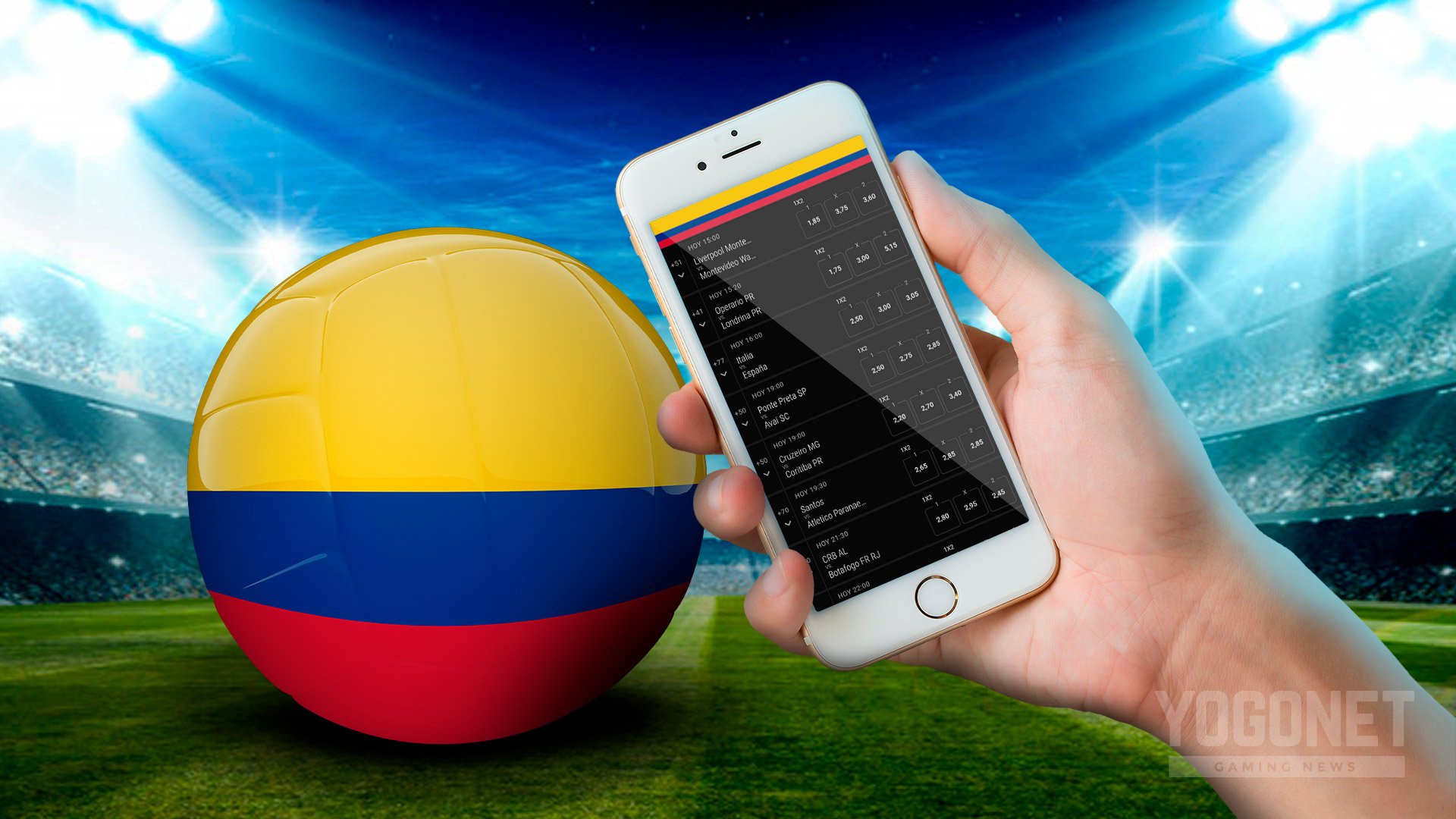Blockchain-based horse betting to debut via Unikrn

Esports platform Unikrn is partnering with horse racing game ZED RUN to bring horse betting to the Ethereum blockchain. The game relies on the non-fungible token (NFT) standard first made famous by Dapper Labs’ CryptoKitties.
Digital racehorses with unique attributes, trade histories and win records – all with bloodlines named for crypto luminaries like Nakamoto, Szabo, Finney and Buterin. “We’re trying to bridge the gap between modern-day wagering and blockchain,” said Unikrn CEO Rahul Sood.
The horses are purchasable on ZED and tradeable on Unikrn’s platform with each piece of data tracked via Ethereum’s ERC-721 standard. Only 38,000 horses will ever be created on ZED – although users can breed horses from their own stables. In fact, one ZED stallion sold for 50 ether, according to Sood, worth about $11,000 depending on market conditions.
The first race is set to debut in two or three weeks, Sood said, as reported by Yahoo Finance.
Gambling is hardly new to blockchains. Tron, popular in Asian speculation circles, facilitated $1.6 billion in dapp (decentralized applications) volume in Q1 2019 with 64 percent of applications attributed to gambling (including a now-defunct dog-racing dapp). According to DappRadar, casino games dominate the gambling dapp sector in terms of usage.
Traditional horse racing is dominated by an older crowd who share a love for the track but have poor gambling platforms, Sood said. Unikrn thinks it can combine two audiences – eSports fans and horse bettors – onto one platform. For context, one billion hours of eSports were streamed on Twitch in January 2020 alone with some four million viewers, according to TwitchTracker.
“You can own a horse,” Sood said. “Your horse can win prizes and your horse can gain notoriety. We’re catering to a very broad audience, not just young people.”
Unikrn launched crypto betting on Twitch streams in May 2019 for popular games such as Fortnite. Sood said Unikrn has four million users across its various products with an average of 160,000 gamblers who can use either crypto or cash.
The near on-demand nature of virtual horse racing and the plethora of locations at which an event can occur are digital features that best traditional racing, Sood said. The Las Vegas Strip or Sydney Harbour Bridge were two examples of possible race tracks Sood gave. Plus, typical tracks can only support a handful of horses while Unikrn can support dozens of horses at once.
As of now, players can bet on themselves in 41 U.S. states, although competitive betting is still in the works pending partnerships with local casinos. Unikrn is also available for betting in 43 countries around the globe. “In the U.S., betting on sports is regulated state by state. In order to get a license, you have to own a land-based casino or be partnered with them,” Sood said.
For self-bets, Unikrn tracks user information such as past races to create custom betting odds against the house itself, Unikrn. Bets can be placed in USD or UnikoinGold (UKG), the platform’s native ERC-20 token. Other cryptos can be deposited on the platform and converted back-and-forth to UKG as well, Sood said.
Unikrn launched in 2014 and raised $10 million in venture funding from Binary Capital, Ashton Kutcher and Mark Cuban, among others. The company conducted a $40 million public token sale for UnikoinGold in late 2017.

















































